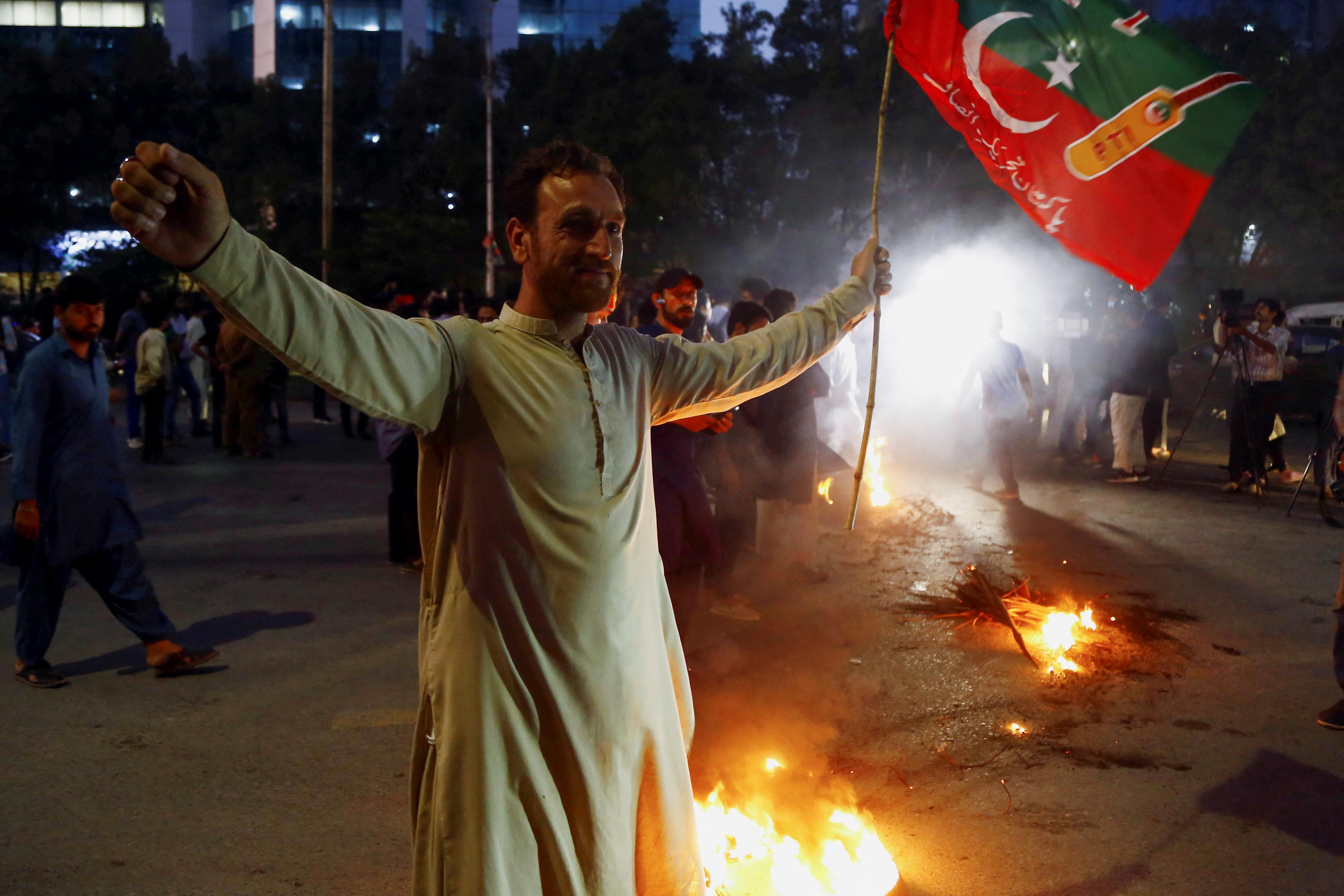What We're Watching: Pakistan’s former PM shot, Olaf goes to Beijing
Imran Khan survives assassination attempt
Pakistan’s former PM Imran Khan — aka “Kaptaan” for his cricket accolades and lead-from-the-front style of populist politics — survived an assassination attempt on Thursday during his “Long March” to Islamabad. Khan was shot in the leg as his truck-driven stage rolled through the central Pakistani city of Wazirabad, and he was rushed to a hospital in Lahore, where he was eventually declared stable. Eight other members of his entourage were also injured, and one party worker was killed. At least one alleged gunman was challenged and apprehended by a brave bystander. “He was misleading people and I couldn’t take it,” the suspect said in a leaked confession to police. “I tried to kill only him.” Meanwhile, Khan’s party accused PM Shehbaz Sharif's government of plotting the attack and threatened protests nationwide if they weren’t removed from power. As if on cue, widespread protests kicked off against military and government officials. Khan, who was removed from office last April, has been demanding snap elections, but so far he’s been ignored. Despite his party sweeping by-elections, mass rallies, and his summoning of unprecedented support against the military, the political establishment hasn’t blinked. Will this attack force their hand?
